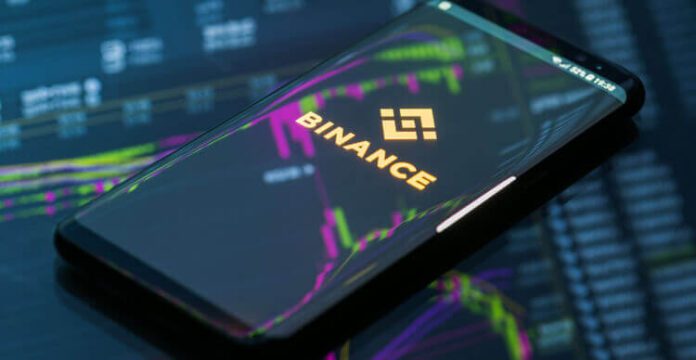- Binance will record ZKsync (ZK) on Monday, June 17.
- The alternate will add ZK/BTC, ZK/USDT, ZK/FDUSD and ZK/TRY spot buying and selling pairs.
- Binance additionally unveiled a ZK distribution program geared toward customers who meet sure standards.
Binance plans to record ZKsync (ZK) on Monday, June 17, including buying and selling pairs for BTC, USDT, FDUSD, and Turkish Lira.
In an announcement early Monday, Binance advised its customers that deposit for ZK, the native token of the Ethereum Layer 2 scaling resolution ZKsync, is now open.
In response to the announcement, the alternate will add ZK/BTC, ZK/USDT, ZK/FDUSD and ZK/TRY spot buying and selling pairs on June 17 at 08:00 UTC. Withdrawals open on June 18 at 08:00 UTC.
Binance Pronounces ZK Distribution Program
ZKsync's airdrop distribution drew criticism and concern from throughout the crypto group.
Binance says it is going to distribute ZK tokens to its customers who meet sure circumstances, together with the standards that “the declare handle was not eligible for ZK tokens from the official ZK Nation airdrop program.”
The ZK distribution program goals to profit those that could have missed the ZK Nation airdrop, which Binance sees as one strategy to handle the group's considerations. An estimated 52,500 Binance customers are eligible for a windfall price ZK 10.5 million.
“In mild of ongoing group considerations surrounding the distribution of ZK tokens, Binance is providing 10,500,000 ZK tokens to 52,500 Binance customers,” the alternate wrote.
Along with the declare pockets now not being eligible for the ZKsync airdrop, Binance says its distribution would require customers to make at the least 50 ZKsync Period transactions in 14 months – between February 2023 and March 2024.
Transactions also needs to happen in seven completely different months in the course of the snapshot interval. Customized transfers don’t rely as contract, CEX or bridge addresses.
Binance plans to begin the primary drop of ZK in its program on June 25, 2024. Token distribution can be on a first-come, first-served foundation, with solely wallets that meet the above standards being eligible.
